The prime focus and motivation of the tender are to make the grid resilient and integrate renewable energy into the grid. The pre-bid meeting was held in the second week of June 2024, while the submission deadline of the bids is July 18, 2024. Huge participation in the pre-bid meeting is observed by domestic and international companies, leading to aggressive competition, which likely results in driving down overall costs.
Precisely, NTPC would install a 150 MW/300 MWh BESS at the Gadarwara Solar Photovoltaic Plant and a 100 MW/200 MWh BESS at the Independent Power Producer Thermal Power Plant in Solapur. The storage systems will be installed and commissioned within two years with at least an annual availability of 95% per annum.
Accordingly, the tender includes the supply and transportation of equipment, as well as highly critical components such as battery inverters/PCUs and energy management systems. Bidders also have to ensure the BESS devices have a maximum yearly degradation rate of 2.5% over the contract period of 12 years in order to maintain at least 70% capacity.
This tender represents a significant development in the ongoing NTPC expansion into the renewable energy market. Being the largest power producer in India, NTPC shoulders immense responsibility for accelerating the country toward low-carbon sources. The company has already announced an ambitious corporate plan aimed at achieving an installed capacity of 130 GW and generation capacity of 600 BU by 2032.
With this tender, NTPC is looking ahead to enhance its capabilities in Renewable Energy Infrastructure and, simultaneously, meet the ever-growing demands for power in India in harmony with the country's goals of carbon neutrality.




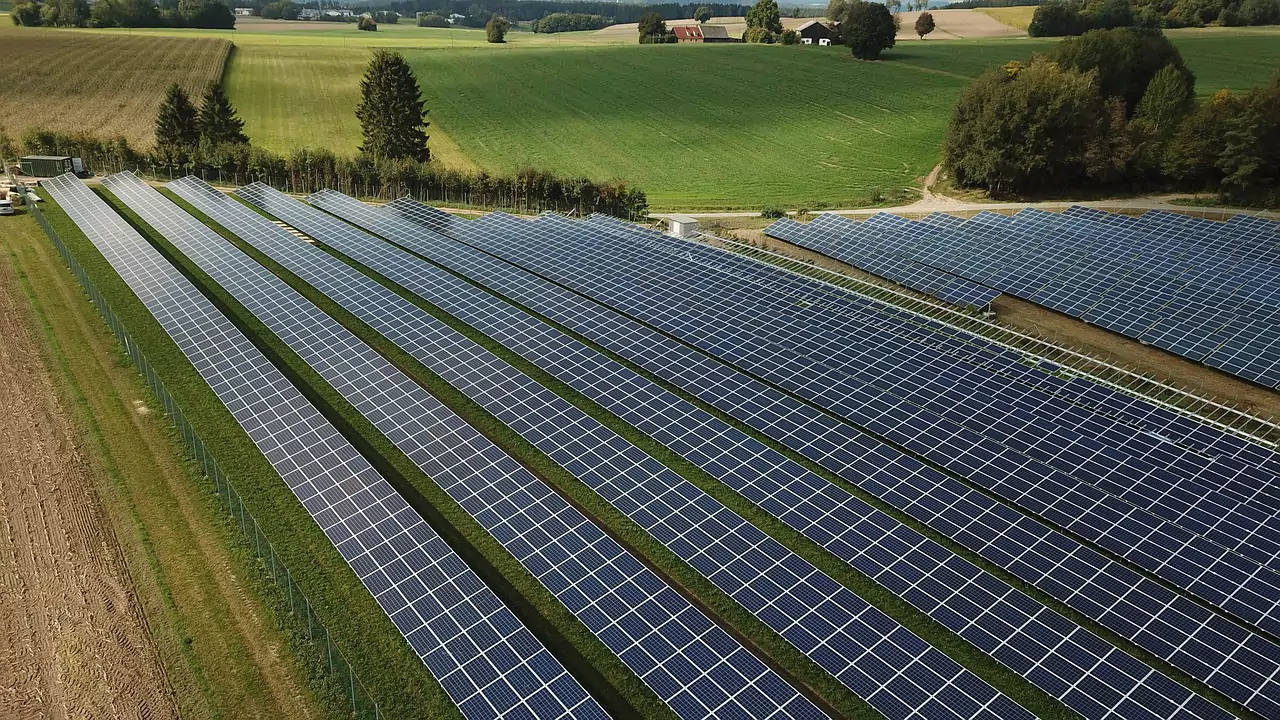
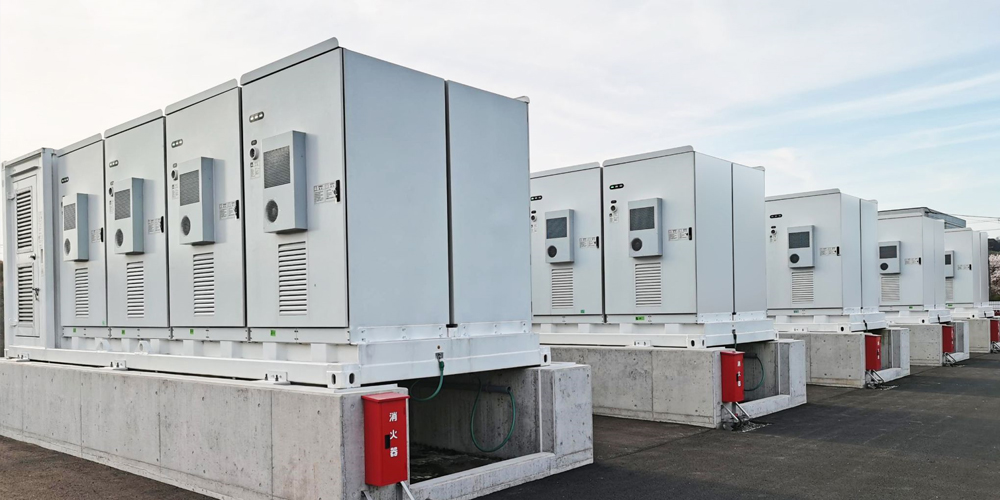
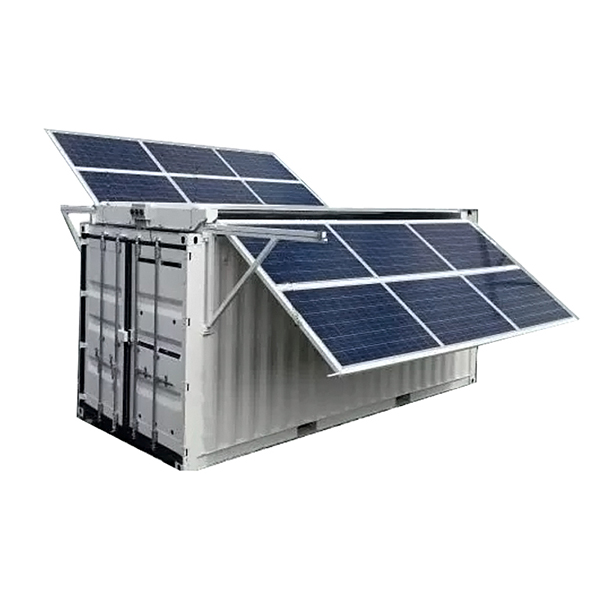
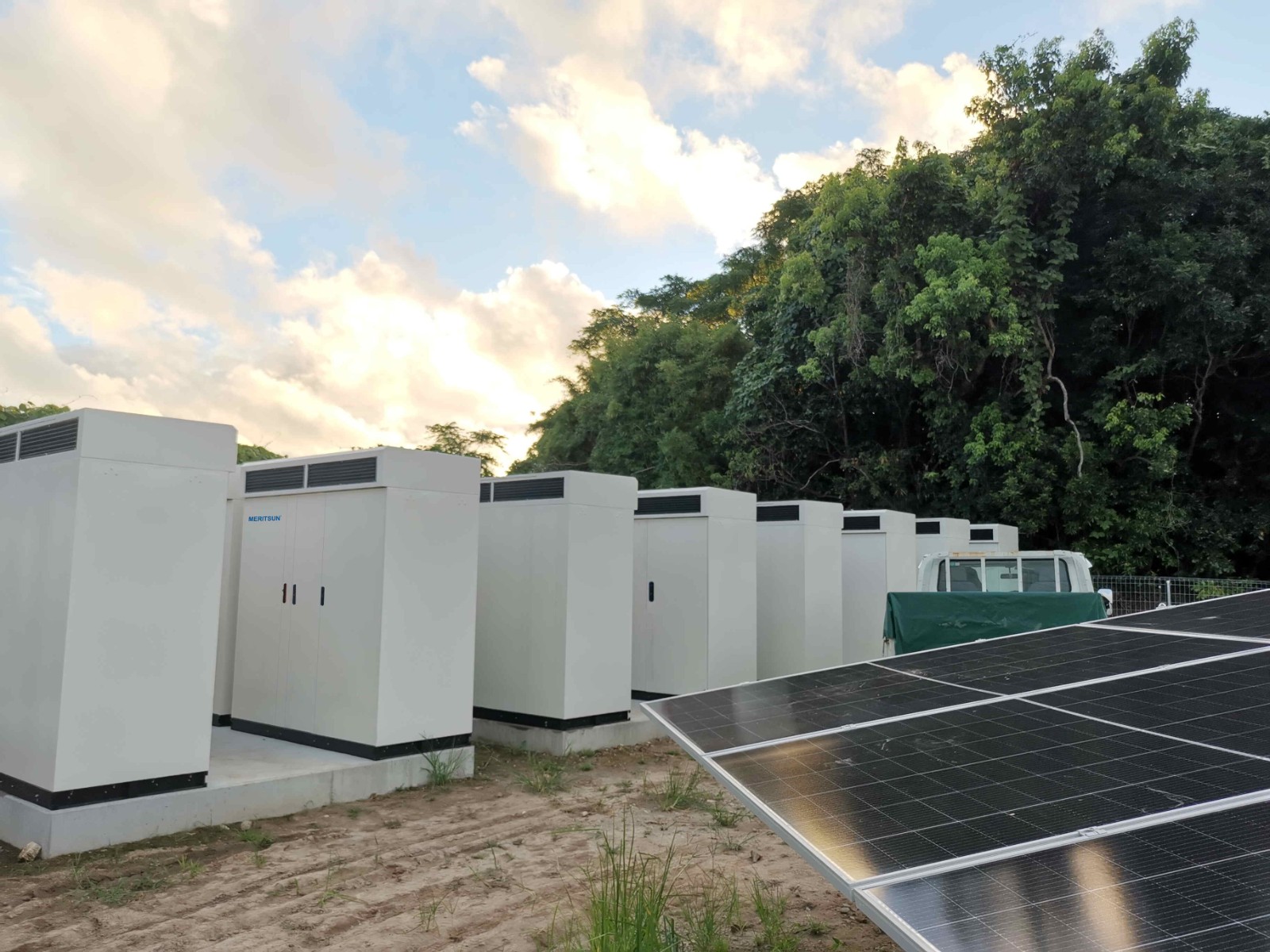

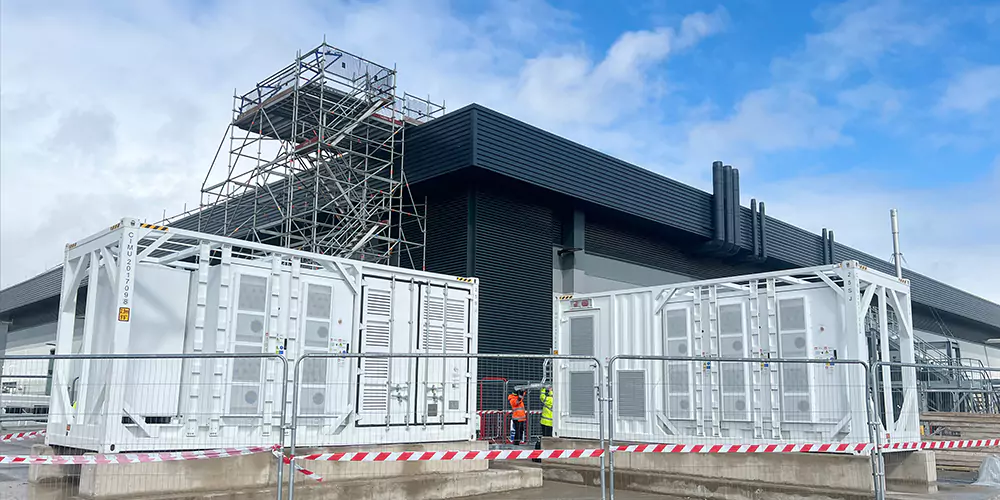

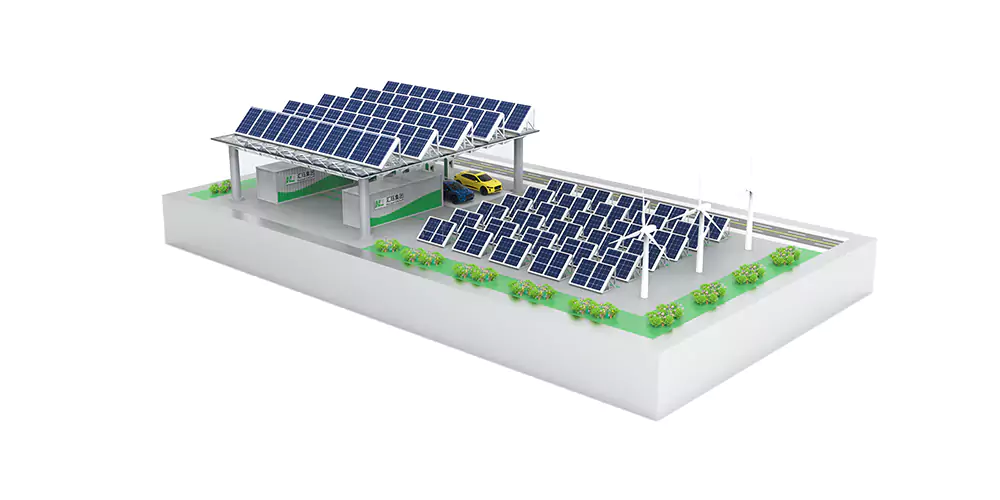
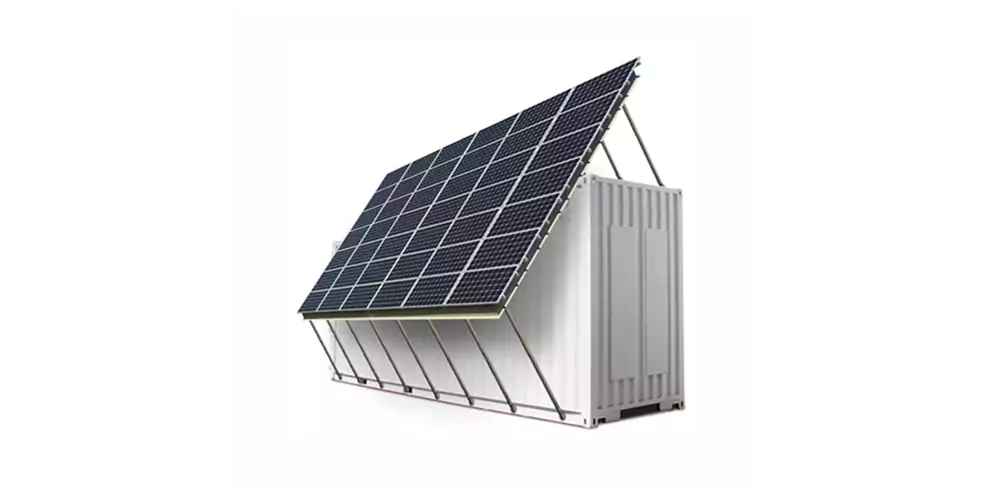
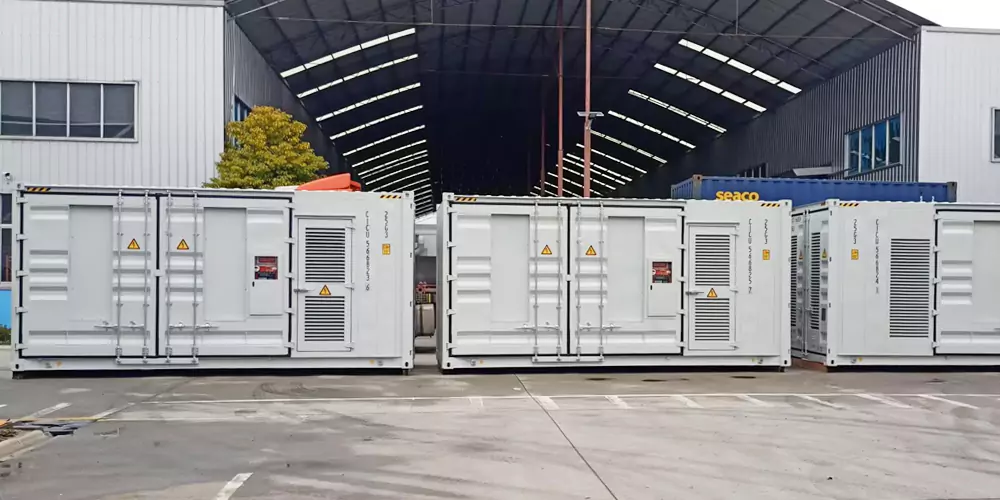






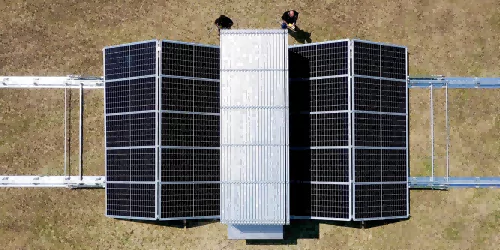
 Inquiry
Inquiry Online Chat
Online Chat